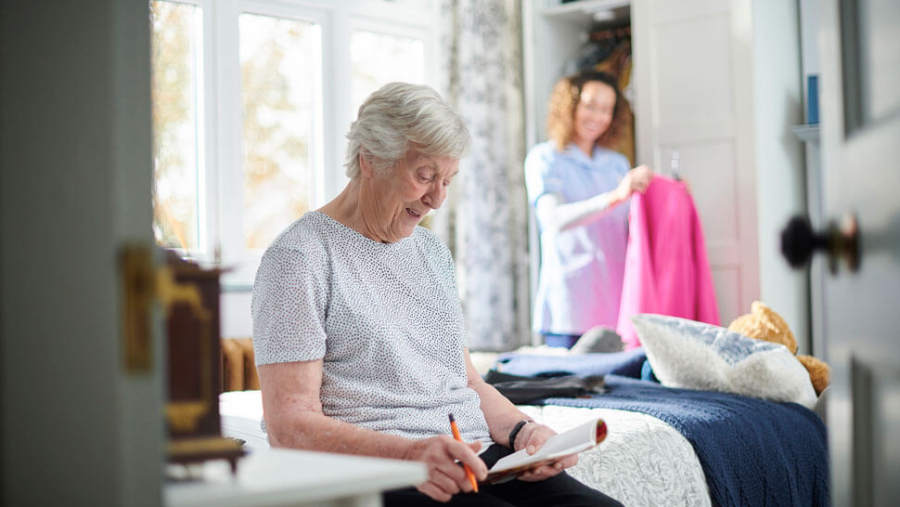
DNR orders and advanced decisions – how can they protect the vulnerable and elderly?
9 April 2020

As frontline NHS staff endeavour to save as many lives as possible during this Covid 19 crisis, it is equally important to consider those for whom such active measures would not be taken for life preservation. Do not resuscitate orders (DNR) and advance end of life planning can be of great use to the clinician, the patient and the family – we look here at what these are and how they work.
Who makes the decision not to resuscitate?
DNR (do not resuscitate) orders are not made by the person themselves, but by the responsible clinician in accordance with case law that states that to perform resuscitation would be futile and against the best interests of the patient. The patient may be quite cognitively aware and on that basis, any decision made must be taken with the involvement of the patient themselves; if there is disagreement between patient and doctor, the patient can ask for a second opinion. Where the decision not to resuscitate has been made in a multi-disciplinary team context, there is no obligation on the team to arrange for any second opinion.
For a person who lacks capacity, the order must be made in consultation with the persons closest to the patient. This is not optional, it is best practice and is non-negotiable. The courts recognise the seriousness of these orders and as such the participation of family or carers must be sought. This, of course, has implications for younger, as well as older, clients living with mental impairment and is a point on which to be vigilant.
No blanket policy based on age or mental capacity
What must be avoided is a blanket policy of applying DNR orders to people living in institutions and no assumptions should be made on the basis of age whether to apply an order or not. Each patient is to be treated as an individual. DNR orders are not ratified by a court, they are notices placed in the patient’s notes, of which staff must be aware.
For some patients, knowing that there is a DNR order in place is enough, but for others, it might not go far enough. Some clients want a more active say over how the end of their life is managed and for these patients, the options are to make advanced decisions, advanced statements or appoint an attorney under a lasting power of attorney for health and welfare (LPA).
When making an advanced decision, if that decision is in relation to life sustaining treatment, the document will need to be written, signed and witnessed. If that is the case and a future situation arises whereby treatment has been refused in advance, for example; “I do not want to be placed on a ventilator should I become ill with Covid 19”, that decision is final, and as binding as if the patient is stating that belief to the doctor directly.
The difficulty many patients and clinicians have, is that if they don’t know about the advanced decision and its terms, they can treat the patient with impunity.
In addition, if there are any lingering doubts about the patient having sufficient mental capacity to make the advanced decision, good practice states that the document is discussed with the patient’s doctor, whether the GP or a hospital doctor, who can sign to say the patient was capable of making the decisions recorded.
Advanced statements are slightly different. These documents encourage patients to record important factors for them, such as where they might want to be treated and by whom, indicating their values and priorities. Such statements may or may not have more importance for faith based communities, who might state for example; “I want to be looked after at home for as long as possible, by members of my own faith and whilst I accept I cannot insist upon it, I would want as many ministrations associated with my faith to be given to me in the event of my death as possible.”
Whilst an advanced decision must be in writing, a statement need not be; it could be recorded or videoed, which might be preferable for a vulnerable person with a deteriorating condition who wishes to record their preferences but cannot write them down.
The key with end of life decisions is that they are not made without consultation with others who have an interest in the person they relate to.
This does raise questions about other people’s motivations, which could veer away from the patient’s best interests. I have known a situation where a profoundly disabled wife who lived in a care home became subject to a DNR order following discussions with her husband, who stood to benefit from her considerable damages pay out on her death.
In this case, I argued for the decision to be lifted and after a second opinion it was, but it highlights the need to be vigilant and to understand what our options are in these troubling times.










